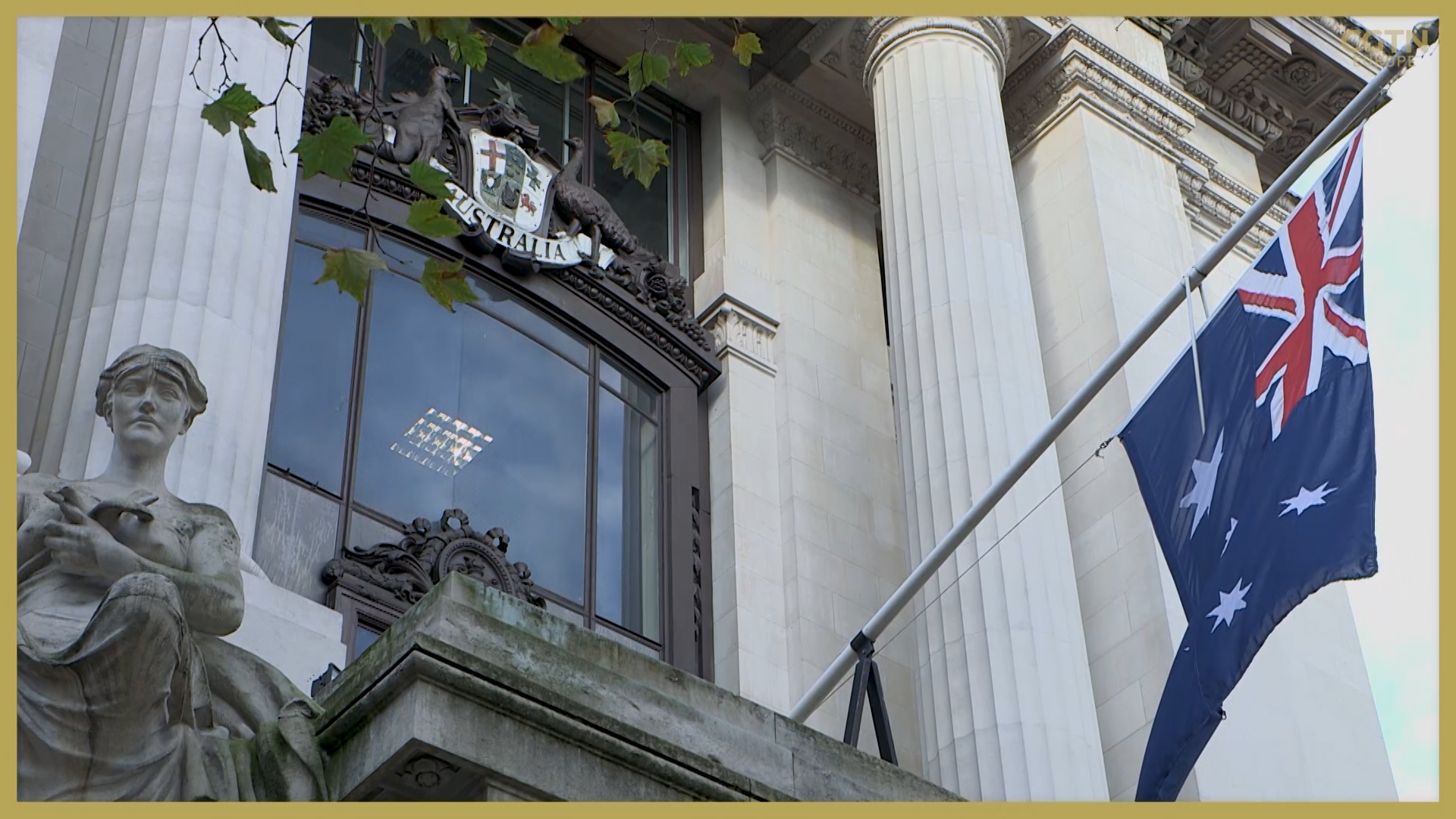03:09

In the first few weeks of the Covid-19 outbreak countries around the world scrambled to get their citizens home.
But many people still haven't made it, including more than 35,000 Australians, according to the government's Department of Foreign Affairs and Trade (DFAT). Airlines say the number could be as high as 100,000 Australians.
While the Australian government recently started a limited number of repatriation flights it's been criticized for abandoning its own citizens while it keeps its borders closed to try and contain the spread of Covid-19.
Karen Buckingham spent four months trying to return to her home in Cairns in far north Queensland, from the UK. She traveled to the UK earlier this year to help her elderly mother. But when it was time to return home four flights were cancelled and she was beginning to think she'd never make it back.
Australia is only allowing around 6,300 citizens to return each week. Planes are almost empty with around 30 people on them and to guarantee you won't be bumped off the flight you need to book a business or first class seat.
The government says it has reduced the number of people who can enter the country to ease the pressure on quarantine hotels. It's mandatory to spend two weeks in a hotel at your own expense, costing over $2000. Nor will the government allow Australians to leave the country without obtaining special permission for an exemption.

The second wave of Covid-19 infections started after a failure in bio-security control at a quarantine hotel in Melbourne, Victoria.
"I think the problem is getting worse, there are Australians who are really getting desperate now because their jobs are going and their funds are running out,”Buckingham said.
London-based barrister, Geoffrey Robertson QC, says the policy defies international human rights law through refusing to allow citizens to return home.
"I'm afraid Australia is in serious breach of this (international law) by keeping 30-35,000 Australians who want to get home for Christmas, out of Australia," Robertson says. "It's quite extraordinary that you have a wealthy country that won't let its citizens come home."
Under pressure the Australian government has started a small number of repatriation flights from London and India. These fly into the Northern Territory and passengers are required to quarantine in Howard Springs. The government says it wants to get everyone home by Christmas but it appears a long way from reaching this goal.
West Australian resident, Hayden Swioklo, was in northern India when the pandemic struck. He eventually made it to Germany and waited weeks for a seat to become available to fly home.
"They've fully abandoned us. There's no other way to put it,”Swioklo said. "They've left us to fight for our own and there are so many horrible stories of people that are doing a lot worse than me.”
Swioklo said the uncertainty has caused him serious anxiety.
For her part, Buckingham finally made it home after spending two weeks in quarantine. The whole experience was an ordeal but she's relieved to be home.
"The strategies we've applied so far have been successful for Australia and have managed the infection but that's not sustainable in the long term," Buckingham says. "We can't stay an island for ever with no one coming in or going out. We need new thinking now about how we deal with this in the long term.”
For the time being Australia is closed off from the world and looks set to stay that way until there's a vaccine.
The national airline carrier, Qantas, announced this week that international passengers entering and leaving the country will eventually be required to have proof they have had a COVID-19 vaccine.
Australia has kept the virus largely under control but at the expense of closing its international and for months, its internal border.
If you were caught out of the country when the shutdown happened, there are now few options but to wait it out, pay thousands of dollars for a flight and quarantine or wait for a vaccine.

